Russian President Vladimir Putin’s visit to China starting Thursday underlines an increasingly close partnership between the two allies who oppose the U.S.-led democratic order.
China, led by President Xi Jinping, has offered robust diplomatic support to Moscow after its invasion of Ukraine and has emerged as a top export market for Russian oil and gas, helping fill the Kremlin’s war coffers. Russia also has relied on China as the main source of high-tech imports to keep its military machine running.
Once Communist rivals, the two countries that share a 4,200-kilometer (2,600-mile) border have become closer in recent years. A look at that relationship:
Putin and Xi have met over 40 times and developed strong personal ties to bolster their “strategic partnership” as they both face soaring tensions with the West.
Xi last traveled to Moscow in March 2023, where they addressed each other as “dear friend” and exchanged compliments. Putin went to Beijing in October for a summit of China’s Belt and Road infrastructure initiative.
Putin told China’s official news agency Xinhua before Thursday’s two-day visit that his meetings with Xi are “a dialogue between old friends” and a “fruitful exchange of views on the most topical issues on the bilateral and international agenda.”
Putin said he chose China for his first trip abroad after being inaugurated to a fifth term in office this month because of the “unprecedented level of strategic partnership between our countries.” Beijing has declared it a “no-limits” friendship.
Both Xi and Putin see Western efforts to spread democracy as an attempt to de-legitimize them, and they believe that authoritarian regimes are better for confronting the challenges of the modern world.
While China hasn’t provided Russia with arms to use in Ukraine, it has backed Moscow diplomatically, blaming the West for threatening Russia’s security. China also has strongly condemned Western sanctions against Moscow.
Russia, in turn, has consistently voiced support for Beijing on issues related to Taiwan.
After Kyiv’s Western allies halted oil and gas imports from Russia, China has become Moscow’s top energy customer. China, in turn, has become a top supplier of machinery and electronics to Russia after sanctions curtailed high-tech supplies.
The U.S. says China has greatly expanded supplies of machine tools, microelectronics and other technology to Russia that is used to make missiles, tanks, aircraft and other weapons.
According to U.S. assessments, Russia got about 90% of all microelectronics and about 70% of machine tools from China in 2023.
While visiting Beijing last month, U.S. Secretary of State Antony Blinken said that “Russia would struggle to sustain its assault on Ukraine without China’s support.” He said he told Chinese officials that ”if China does not address this problem, we will.”
Amid their strengthening ties, Russia and China have held a series of war games in recent years, including naval drills and patrols by long-range bombers over the Sea of Japan and the East China Sea. Russian and Chinese ground forces also have gone to each other’s territory for joint exercises.
Putin said Moscow has been sharing highly sensitive military technology with China that significantly bolstered its defense capability, including an early warning system to spot ballistic missile launches. The ground-based radar and satellites previously were only used by Russia and the U.S.
In November, Putin suggested that Moscow and Beijing should expand cooperation on military satellites and other technology used for defense.
China proclaims its neutrality in the Ukrainian conflict, but it also refuses to condemn Russia’s action or even call it an invasion. Beijing blames the hostilities on the West and also strongly criticizes economic sanctions on Russia.
Last year, Beijing proposed a 12-point peace plan that echoed Moscow’s arguments and would secure Russia’s territorial gains. It was quickly rejected by Ukraine and the West.
China also has turned a cold shoulder to a Ukraine peace conference that is set to be hosted by Switzerland in June and snubs Russia. Beijing has said it supports a conference that’s accepted by both Russia and Ukraine.



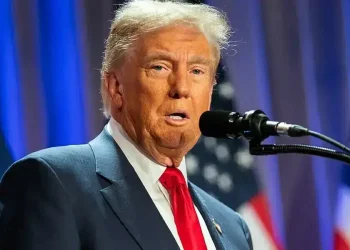
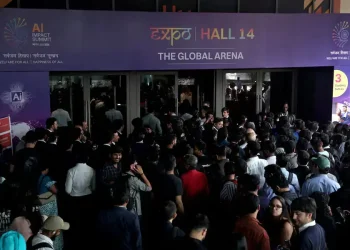
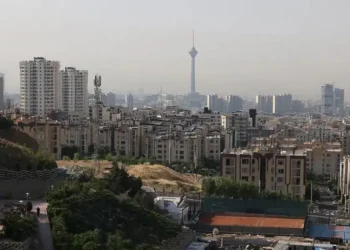
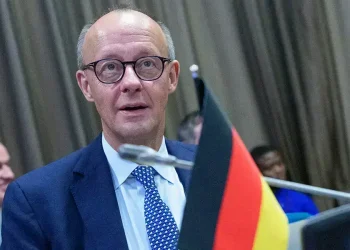
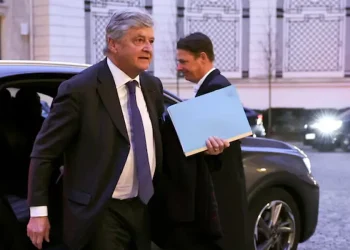
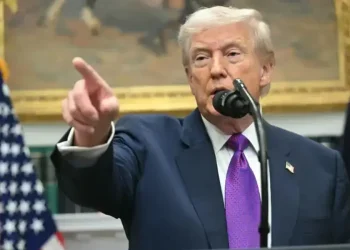

 American Dollar Exchange Rate
American Dollar Exchange Rate